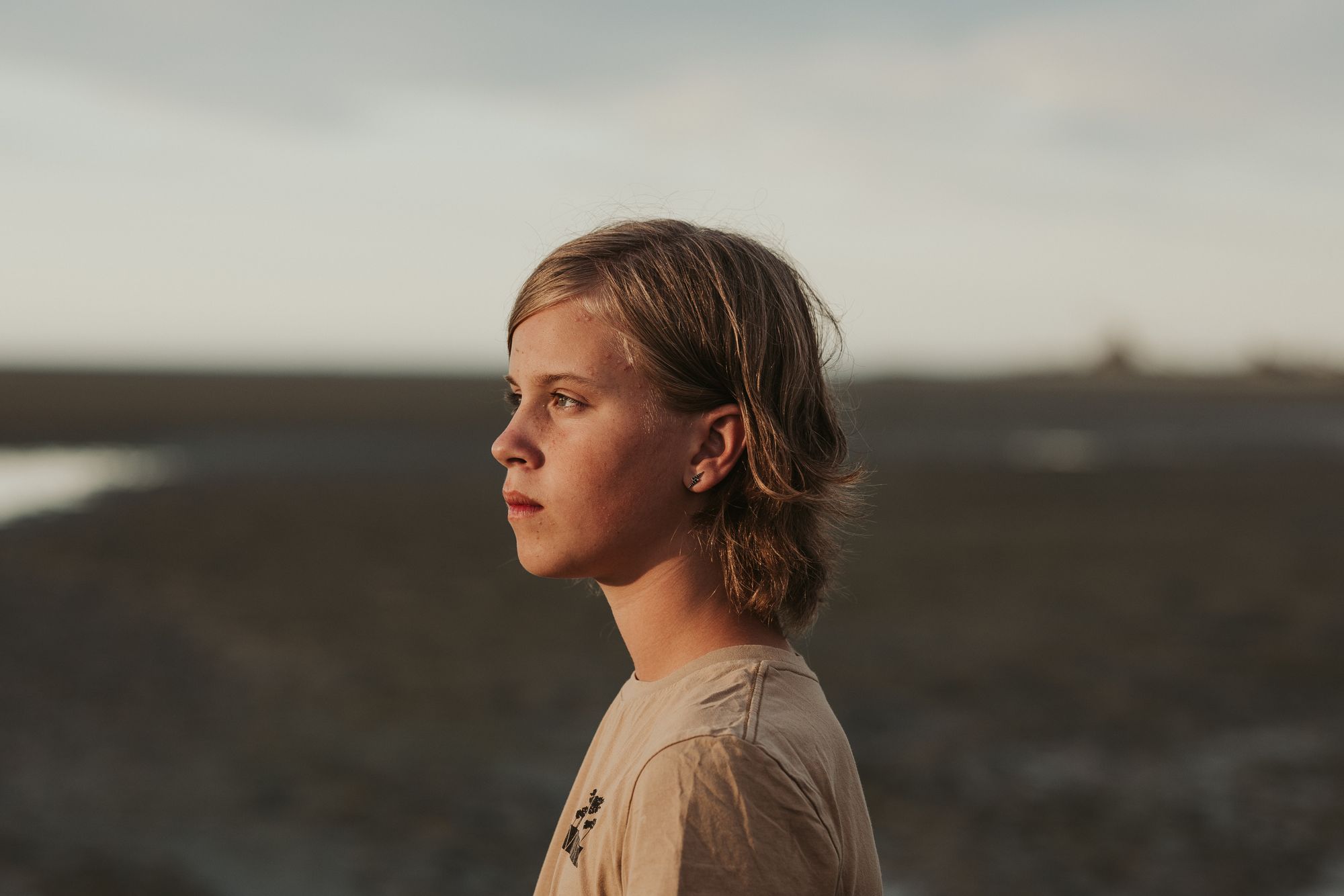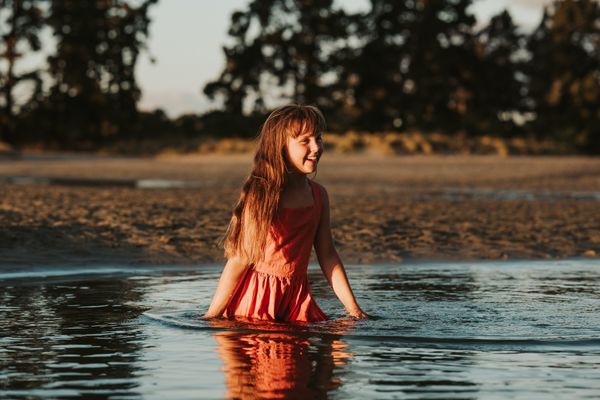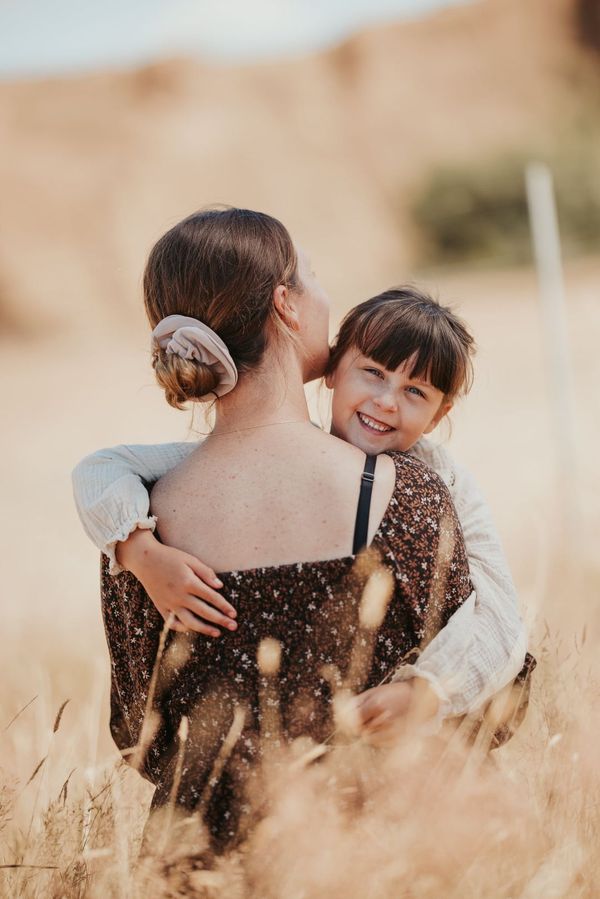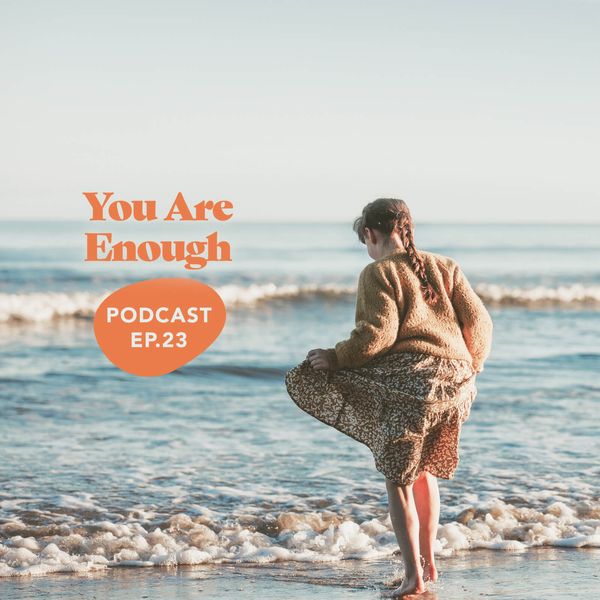Homeschoolers and unschoolers are often asked how they can be sure of this, and it's probably the question that shakes our confidence more than any other.
Today I'm going to show you a path that leads to answering it - even if it's just for your own reassurance - but before we start please keep something in mind:
This path involves significant personal work. It is winding, not straight. And it doesn't really have an end.
The journey is the destination.
If you're ready, I'm going to ask you a series of questions. Over thirty of them. They won't take long to read, but they will take plenty of time to reflect on, research, and process. Because it's the process that builds your confidence. It's the process that strengthens your belief.
By walking this narrow, winding path, and becoming comfortable asking (and seeking out answers to) hard questions, you will start to find your way towards your personal response to this question.
To start, we need to acknowledge that on the surface the question is actually a very sensible one. If your child isn't going to be under the care of a trained teacher delivering a widely accepted and recognised program, how will you ensure you're maintaining a high educational standard?
It's only as we go deeper that we discover the question is built on a foundation not many of us have taken the time to inspect. Let's dig down:
<deep breath in>
Where did this 'standard' come from? Who defined it? For what type of person, exactly? When was it created? Why? Is it serving its purpose? Do my beliefs - about things like childhood and human nature and meaning - align with that purpose?
How long will the current standard be the standard? Will it evolve, or even completely change? Who decides that? How will we feel about this current version if it does?
What areas of life - and skillsets - does the standard extend to and support?
What qualities and traits does it embrace and encourage, and what does it ignore or even punish?
What will the outcome be if the standard is met? And what are the potential outcomes if it's not?
Can it be met by anyone? Any type of person, with any background, from anywhere?
What happens when a child is passionate about something that’s not recognised by the standard as important, or approaches life in a way the standard penalises?
Are we comfortable with the outcome of that?
<annnnd exhale>
Ok. With a clearer, more accurate view of the foundation of formal education developing, let's now give it a really good shake and see how it responds:
<another deep breath>
Is the idea of a single standard for every child even a good one? It sounds nice in theory - easy to administer and track and report on - but is it sane in practice?
Is having this standard in place doing the right things - good, positive things - for all children?
Is it the right one for your particular child? And if you have more than one child, is it the right one for all of them?
Knowing what you do about your own child - what they're interested in, what their strengths are, what their personality is, and how they generally respond to the world around them - is this standard, and everything that comes with it, the right thing for them to invest more than a decade of their time in?
Is it the right one for them to chase personal achievements against?
Are we ok with our children developing their sense of identity, and personal value, against a backdrop of those achievements (or lack of)?
<annnd exhale again>
If you decide it’s not any of those things, the questions start evolving yet again. And if you've spent the time you really should on the process so far, this is where they become the most interesting. The most tangibly useful for you and your family right now.
What could my child be investing their time in in order to grow as the person they want to be in this world? Am I in tune with them enough to know when and how that investment should shift, and grow, and change? Are our communication lines as a family set up in the right way to have those kinds of conversations?
What does my child want to get better at? What does my child want to discover more about? Whose life experiences could it be interesting for them to learn from? Am I asking them the right questions to help uncover and explore and facilitate all that as we go along? Am I providing the right levels of trust and the right kinds of autonomy to allow them to grow in a way that's true to who they are?
Big questions, and each one needs work. But even by asking them you have officially set off on a journey of developing your own standards. Your own measures. Your own benchmarks. All tailored completely to your child, and all tied to a set of beliefs that are rooted in your soul.
Own this process. Own your measures. Own your standard.
And not only will you own your response to the question, you'll feel more like you own your life, too.
Join our growing community of homeschooling parents and feel supported and encouraged on this journey. Sign up now for immediate and ongoing access to all our exclusive content and community connection 💛








